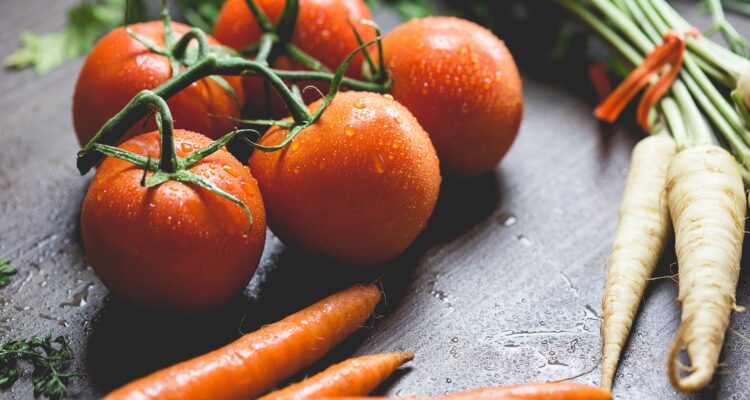◊ By Shivranjani Gupta
Visit ORGANIC SHOP by Pure & Eco India
‘Organic’ has now become a household name. However, there are still many questions around the concept of organic foods and the difference between them and other conventionally produced food. To help you understand them better, we’ve answered some of the most commonly asked questions about organic foods. They are as follows:
1] What constitutes Organic Food?
Organic food, according to the USDA National Organic Program, is the food grown by farmers employing natural resources. It is food that is grown without using chemicals, synthetic flavours or added colours, or bioengineered genes (GMOs). This method of natural farming involves protecting and nourishing the crops using natural means while constantly regulating the farmland conditions and maintaining crop quality.
2] What certifications and regulations prove the authenticity of Organic Foods?
The main bodies dealing with agricultural produce and regulations in organic food are the Agricultural and Processed Food Products Exports Development Authority (APEDA) and the Food Safety and Standards Authority of India (FSSAI). They have recognised existing certifications such as the National Programme for Organic Production (NPOP) and the Participatory Guarantee System (PGS-India) for regulating and accrediting farmers growing organic foods. Regular inspections and quality control checks ensure that optimal and suitable conditions are met.
3] Is Organic Food really healthier than conventional food?
Compared to conventional foods, organic foods are produced and packaged without the use of heavy or heat producing machinery. Thus, their rawness and nutrients are kept intact, as opposed to conventional foods where the use of heat compromises nutrition levels. The high fibre and nutrition content of organic foods improves the overall gut health of the body, improves the metabolism and leads to a healthier lifestyle. Not to mention, it is does not contain chemicals so will not lead to ailments.
4] Why is Organic Food more expensive than conventional foods?
Organic food can cost between 20 to 100% more than conventionally grown food. However, this is a truer representation of the prices, which are not cut short due to subsidiaries, and offsets the additional costs that producers and consumers would incur in other ways.
Organic food production is more labour-intensive and requires a keener scrutiny of farmlands and maintenance of crops. The necessary certifications are also expensive to acquire. Further, the employment of natural processes, such as crop rotations, mean there is lesser production of crops, leading to a disparity in supply and demand. Finally, the training and education required for organic farmers also adds to the costs.
5] What are the environmental benefits of consuming Organic Foods?
Owing to stringent regulations of the maintenance of soil and water quality in organic food farming, the soil is replenished and preserved for future use. Natural fertilisers and pesticides also prevent chemicals from seeping into the air, water and soil. Furthermore, organic farming facilitates carbon sequestering, which allows carbon to return to the soil, thus mitigating the greenhouse effect. Biodiversity welfare is also ensured as the farming methods encourage and attract beneficial organisms like pollinators and pest predators on the farm.
The author is Chief Marketing Officer, Conscious Food



Leave a Reply